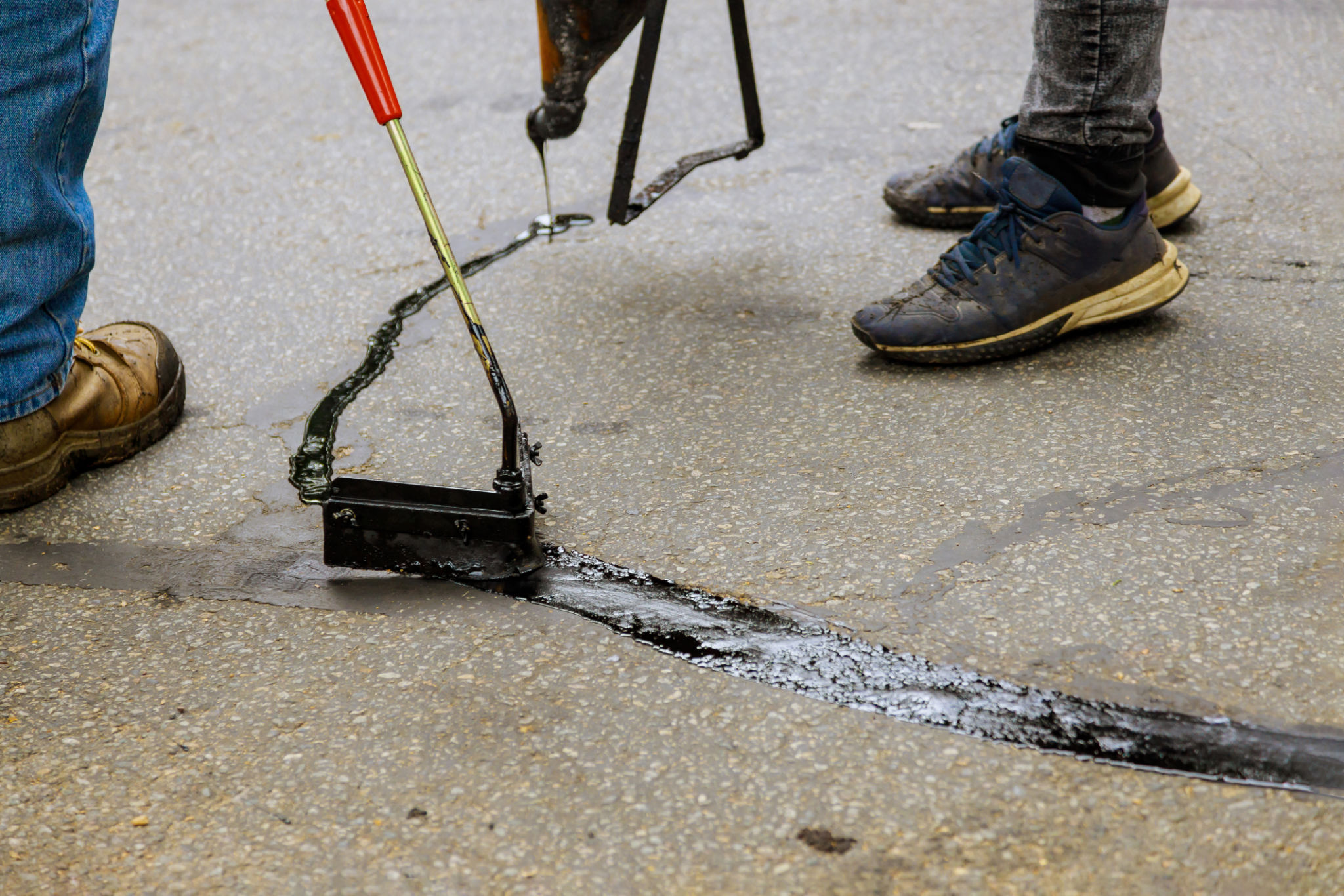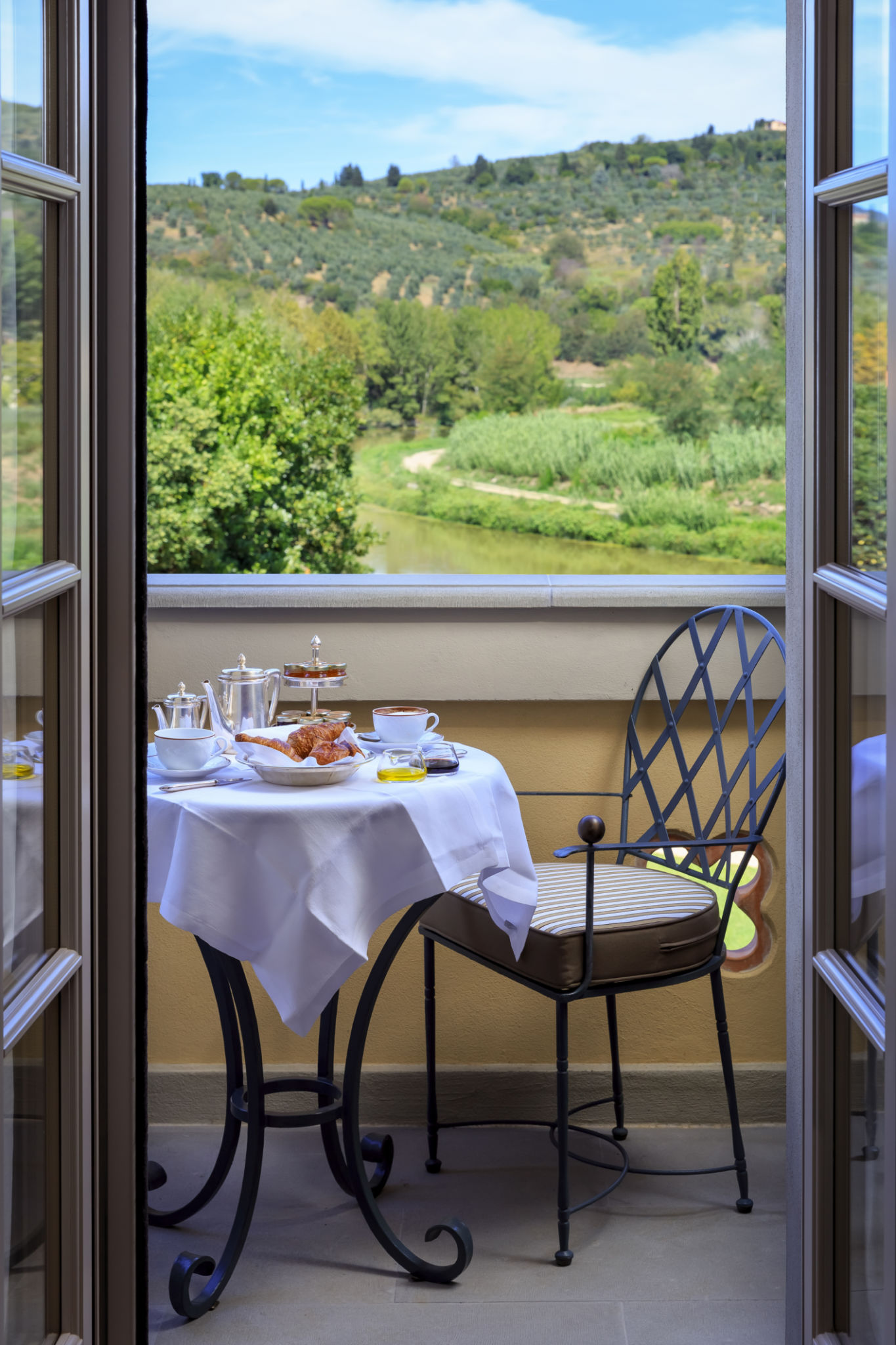The Ultimate Guide to Paver Sealing in Central Florida
Why Paver Sealing is Important
Paver sealing is an essential maintenance step for homeowners in Central Florida. Due to the region's unique climate, which includes intense sun, heavy rain, and high humidity, pavers are exposed to conditions that can cause them to fade, crack, and become discolored over time. Sealing your pavers not only enhances their appearance but also prolongs their lifespan by providing a protective layer against the elements.

Benefits of Sealing Your Pavers
Sealing your pavers offers numerous benefits that go beyond simple aesthetics. Firstly, it helps in preventing the growth of weeds and mold in the joints between the pavers. Secondly, a good sealant repels water, reducing the risk of erosion and damage from freeze-thaw cycles. Additionally, sealed pavers are much easier to clean and maintain, as the sealant provides a smooth surface that dirt and grime cannot easily adhere to.
Enhanced Color and Appearance
A quality sealer enriches the color of the pavers, making them look vibrant and new. This is particularly beneficial for older pavers that have lost their original luster. Sealing can bring out the natural hues of the stones, making your outdoor spaces more attractive and welcoming.

Types of Sealers Available
There are several types of sealers available for pavers, each with its own set of advantages. The two main categories are water-based and solvent-based sealers. Water-based sealers are known for being environmentally friendly and easy to apply. They provide a natural matte finish while still offering protection. Solvent-based sealers, on the other hand, offer a high-gloss finish and are known for their durability, making them a popular choice for driveways and other high-traffic areas.
Choosing the Right Sealer
When selecting a sealer, consider factors such as the type of paver material and its location. For instance, poolside pavers may benefit from a water-based sealer to avoid slipperiness, while a solvent-based sealer might be more suitable for a driveway. It's also important to consider the VOC content of the sealer to ensure it meets local environmental regulations.
The Paver Sealing Process
Sealing your pavers is a straightforward process that can be completed over a weekend with the right tools and materials. Here is a basic step-by-step guide:
- Start by cleaning the pavers thoroughly. Remove any stains, dirt, or debris with a pressure washer or a stiff-bristled brush.
- Allow the pavers to dry completely. This may take up to 24 hours depending on the weather conditions.
- Apply the sealer evenly using a roller or spray system. Be sure to follow the manufacturer's instructions regarding coverage rates and application techniques.
- Let the sealer cure fully before allowing foot or vehicle traffic on the surface.

Maintaining Sealed Pavers
Once your pavers are sealed, maintaining them is relatively simple. Regularly sweep away debris and rinse with water to keep them clean. In areas prone to mold or mildew, an occasional gentle scrub with a mild detergent may be necessary. It's recommended to reapply sealer every 3-5 years to maintain optimal protection and appearance.
Common Mistakes to Avoid
Avoid applying sealer on damp or dirty surfaces, as this can trap moisture and debris under the sealer, leading to unsightly bubbles and discoloration. Also, refrain from over-applying sealer; too much can create a slippery surface and cause peeling.
Conclusion
Paver sealing is an investment in both the beauty and longevity of your outdoor spaces. Whether you're looking to restore the vibrancy of aging stones or protect new installations from Central Florida's unpredictable weather, sealing your pavers is a wise decision. By understanding the different types of sealers and following proper application techniques, you can ensure that your pavers remain stunning and durable for years to come.
